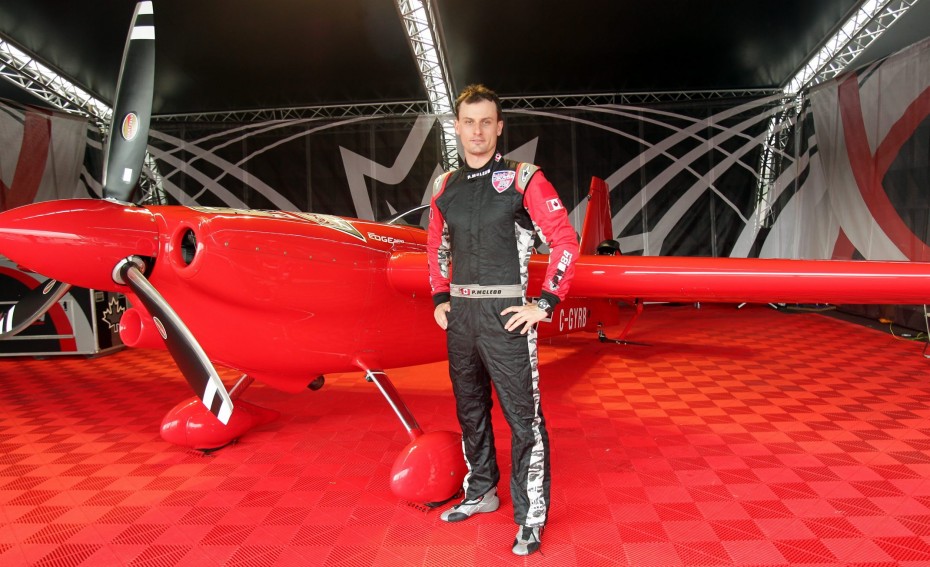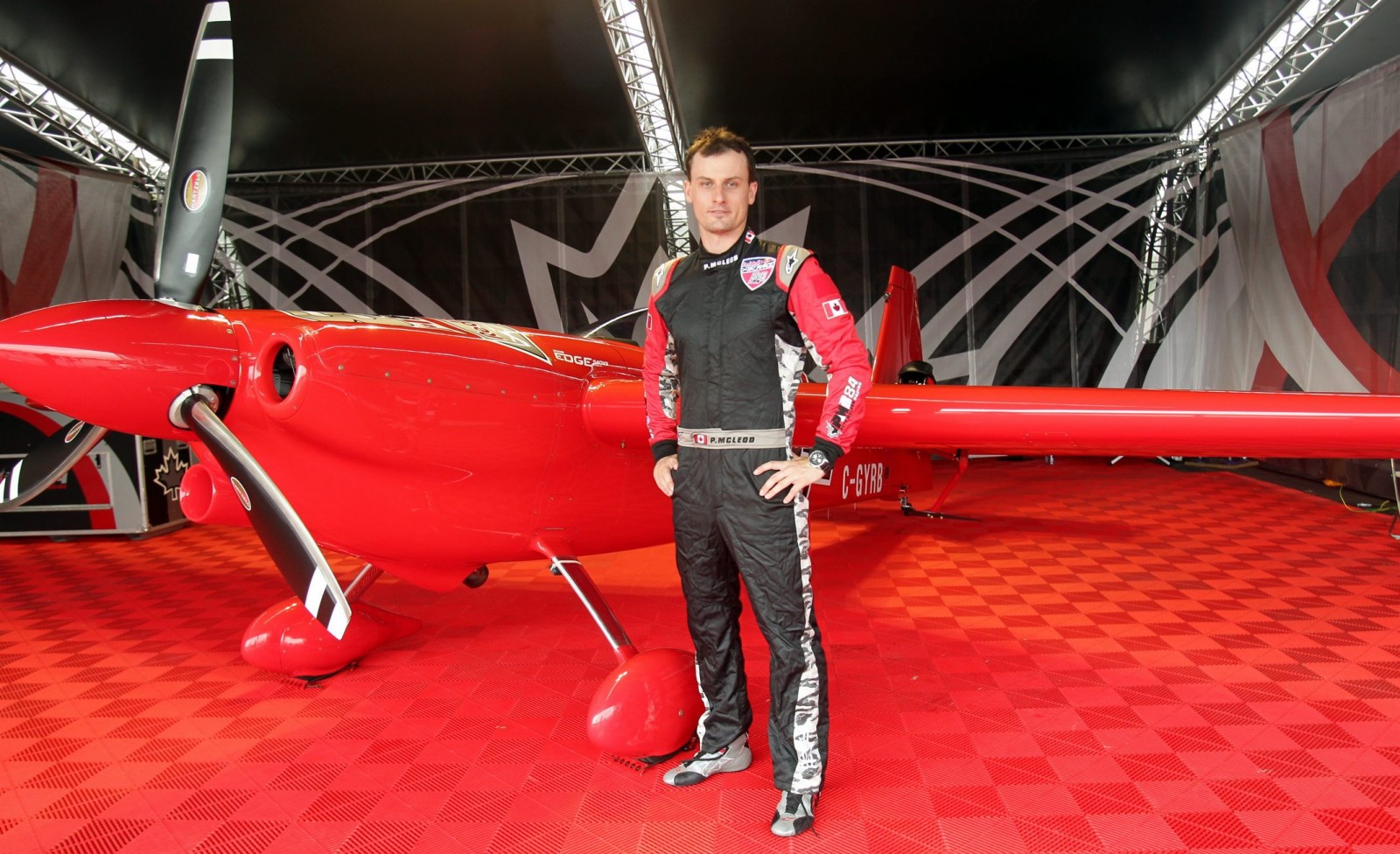PETE McLeod has always been the youngest pilot throughout his flying career. In fact, he was the youngest rookie pilot when he made his debut at the 2009 Red Bull Air Race World Championship. Now, the 30-year-old Canadian is still the youngest to race, though competing in the Master Class category this time around.

Eat, breath, sleep, race: Pete McLeod is the youngest pilot to compete the Master Class category in the Red Bull Air Race World Championships.
But being the youngest in an industry dominated by more experienced and much older pilots obviously isn’t easy.
However, McLeod proved that age is just a number after making a huge leap from 15th place in 2009 to 5th in 2010. And currently, he’s ranked fourth in the World Championship standings.
His strategy? He revealed that being consistent and learning from his mistakes has always been most important.
And starting out at a very young age has given him more aviation experience that other pilots don’t usually get until they’re older.
Amazingly, he got his pilot’s license at 16. That’s before he was legally allowed to get his driver’s license!
So, with the growing interest in air racing, we decided to ask McLeod, who was in town for the 2014 Red Bull Air Race World Championship at Putrajaya Lake, what it takes to be an air race pilot.
When were you first introduced to aerobatic flying?
I boarded a plane for the first time when I was six-weeks-old and I got my first flying lesson at three, while sitting on my dad’s lap. Then he wanted me to go into aerobatic flying because he wanted me to get some safety training to become a better pilot, and not a race pilot. But I got really hooked on this instead and started pursuing it.
What does one have to do to get into the industry?
First of all, they need to have their pilot license. After that, they have to start learning aerobatics and competing. But bear in mind that this isn’t a career where all it takes is signing up for a two-year course. Like any sport, you have to live it. It can’t just be a job, it has to be your lifestyle. Otherwise, you’ll never be able to be dedicated enough to be successful.
Is the new Challenger Cup category a platform for up and coming pilots in the championship?
It’s actually a good programme for challenger pilots to train and develop their skills because they get a lot of coaching and experience on the track. But to qualify, you will be brought into the Red Bull Air Race Qualification Camp where you’re issued your race wings if you’re successful. I think in the future, some of these guys might even be more competitive because they already have such a good base.
What advice do you have for young aerobatic pilots?
If you have a dream, don’t be afraid to follow it. But you have to realise that it takes a lot of hard work. Don’t be discouraged if you don’t make it immediately because anything is possible. But just to be safe, you should get good grades in school because you never know when things don’t work out. At least you have a back up plan.


Tell us what you think!